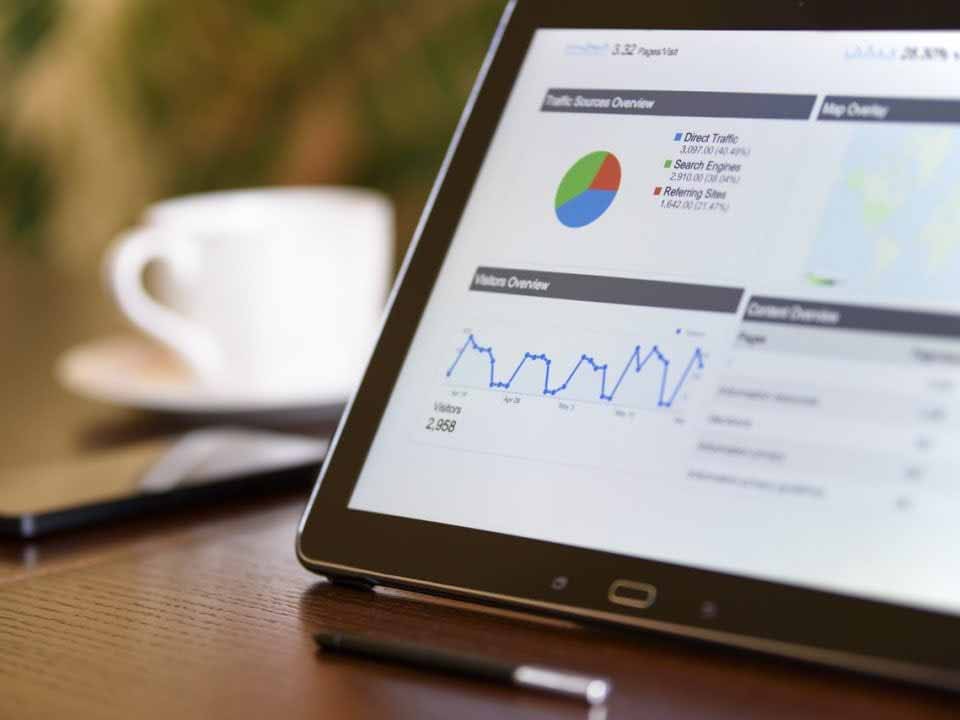Last Updated on 27/08/2025 by Arabella Brown
How important is site speed for SEO?
At Icarus Marketing we are a small team with a large scope of clients across the globe. Our offices are based in the beautiful artisan town of Holywood in Northern Ireland.
We believe in accurate market research and design stunning well thought out websites with effective marketing campaigns. As a client led agency our marketing campaigns and web designs are fresh, innovative, and original. Our goal is to see our clients do well with their digital assets and. campaigns and with over 45 active clients we’re keeping busy and pushing ourselves to stay ahead of the pack in a competitive industry for both us and our clients. We like to keep our work up there with the latest trends and reliable data and will constantly refine websites, SEO, and the latest optimisation via our green hosting programmes.
Page speed can have a direct effect on your website’s SEO, user experience and conversion rates. If you’re still not sure what it means, how to check it or improve it, it’s time to get up to speed on page speed. If a website takes a long time to load, this can have adverse effects on the user experience, site traffic, and SEO. Websites that are optimized for performance have an advantage over slow websites.
What is site speed?
Page load speed is the time it takes for a page on your website to load. But it’s a bit of a catch-all term that really covers the speed of your website in general. Page speed is calculated in a few different ways, so here’s a breakdown of the different elements that make up a page speed measurement.
When a customer sits down to eat at a restaurant, slow service from the waiter often results in poor Yelp reviews and fewer future customers. Similarly, slow site speed can result in poor search engine rankings, lower overall site traffic, and negative user experiences.
Website speed, or website performance, refers to how quickly a browser can load fully functional webpages from a given site. Poorly performing sites that render slowly in a browser can drive users away. Conversely, sites that load quickly will typically receive more traffic and have better conversion rates.
SEO best practices
Because Google tends to prioritize getting relevant information to users as quickly as possible, site performance is an important factor in Google search rankings. A site’s performance on mobile devices is especially important for SEO.
User experience
Slow page loads and slow response times to user actions can really hurt a user experience. Waiting for content to load can be super frustrating, and it might even make users leave the site or app altogether.
Bounce rate
Have you ever noticed how quickly people leave a website if it takes too long to load? Well, BBC found out that for every extra second it took for their pages to load, they lost 10% of their users! That’s a pretty big drop-off, right?
Why is page speed important for SEO?
Page speed is probably the purest of SEO factors, because addressing loading times improves your rankings, your user experience, and your conversion rate too. It’s a rare example of an SEO measure that is a win for absolutely everyone!
Site speed and SEO
When it comes to SEO, page and site speed has become an essential part of how search engines rate your pages. That’s because Google doesn’t want to deliver results that are slow loading and put users off. They’re trying to present the most relevant, most appropriate websites with their results.
What is the ideal page speed for SEO?
Most folks would agree that 2 seconds or less is a good loading time. But it’s tricky to say for sure, as it depends a lot on what kind of page you have and how you’re measuring your page speed. Think about it, people don’t necessarily need to wait for your whole page to load before they can use your website and get where they want to go.
Page speed and AIOs
AIOs have created a lot of turbulence in the SEO industry, with many websites seeing a drop in user numbers because of fewer clicks through from organic SERPs. That has dialled up the necessity of providing a great experience for the users who are still getting to your website. But it can also be a factor in whether your page content is chosen (and referenced) in the AIO itself. Naturally having great content is the most significant starting point, but Google isn’t going to want to promote a page that doesn’t load quickly. So, if you want to appear in those AIOs, make sure your pages are fast loading and performing excellently – especially if you’re using video or images.
If you would like our advice or to engage with us, please do contact us on projects@icaruscommunications.co.uk or contact owen@icaruscommunications.co.uk



